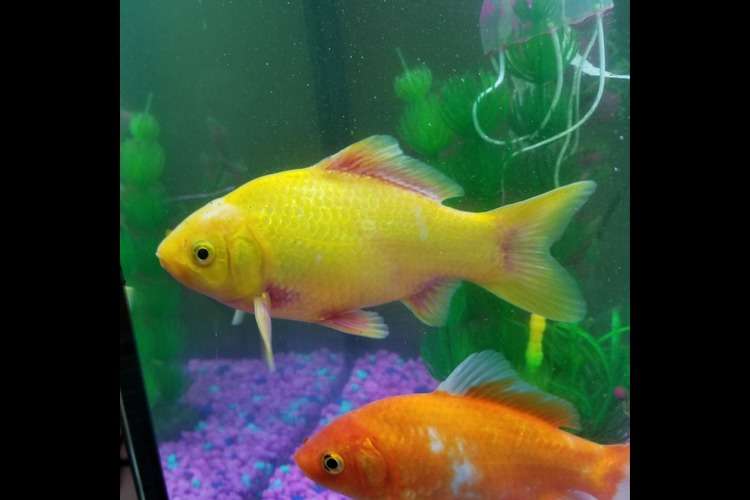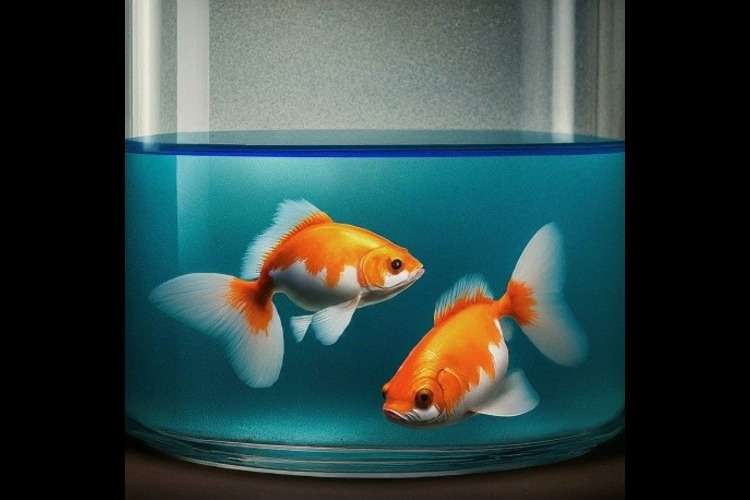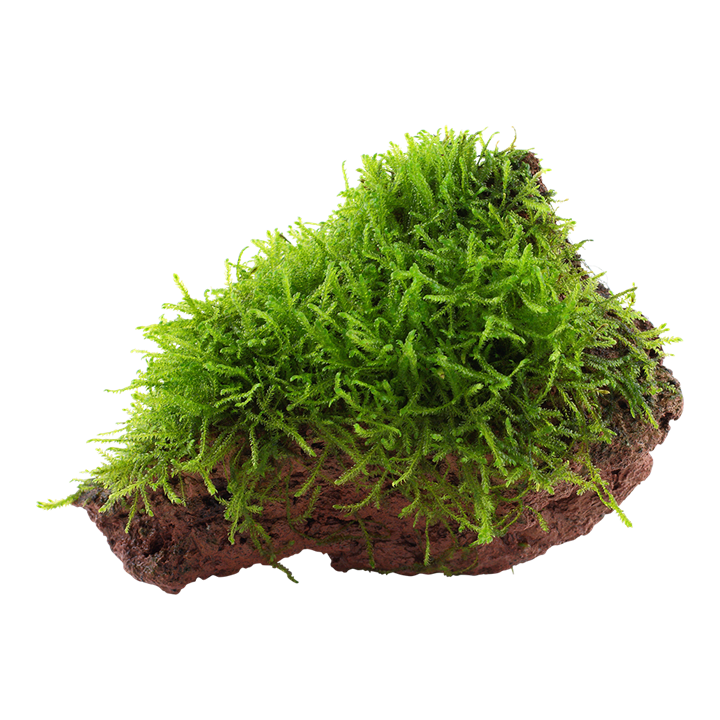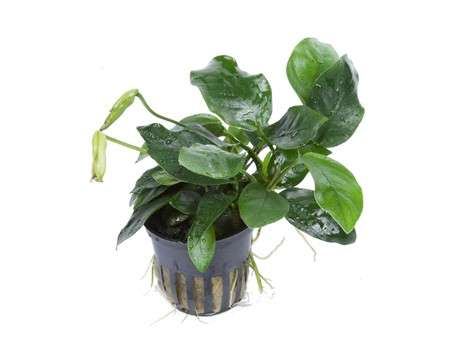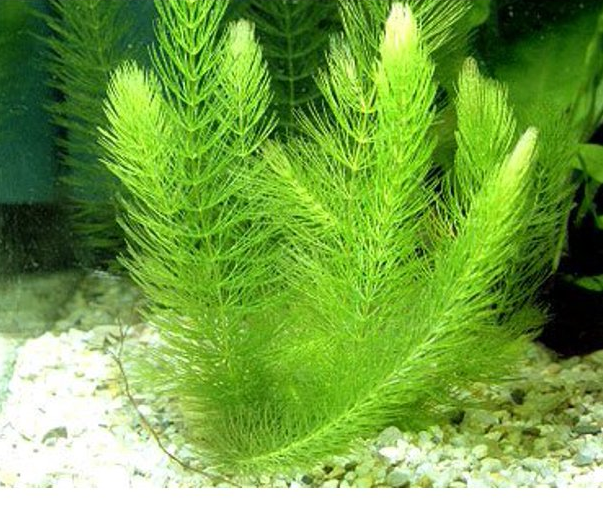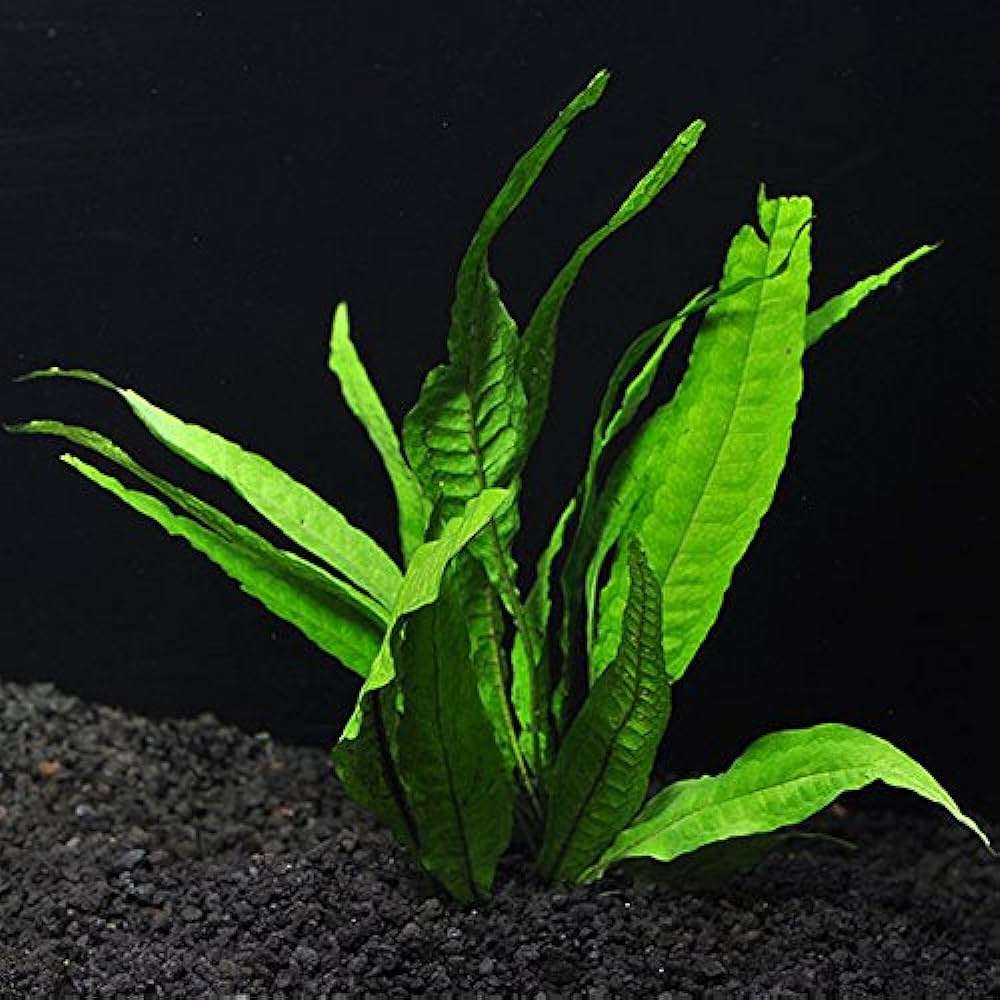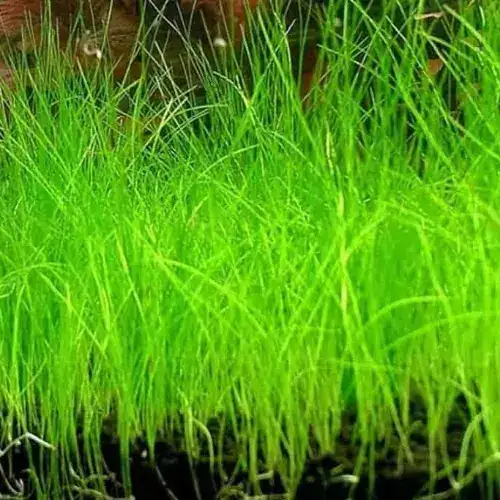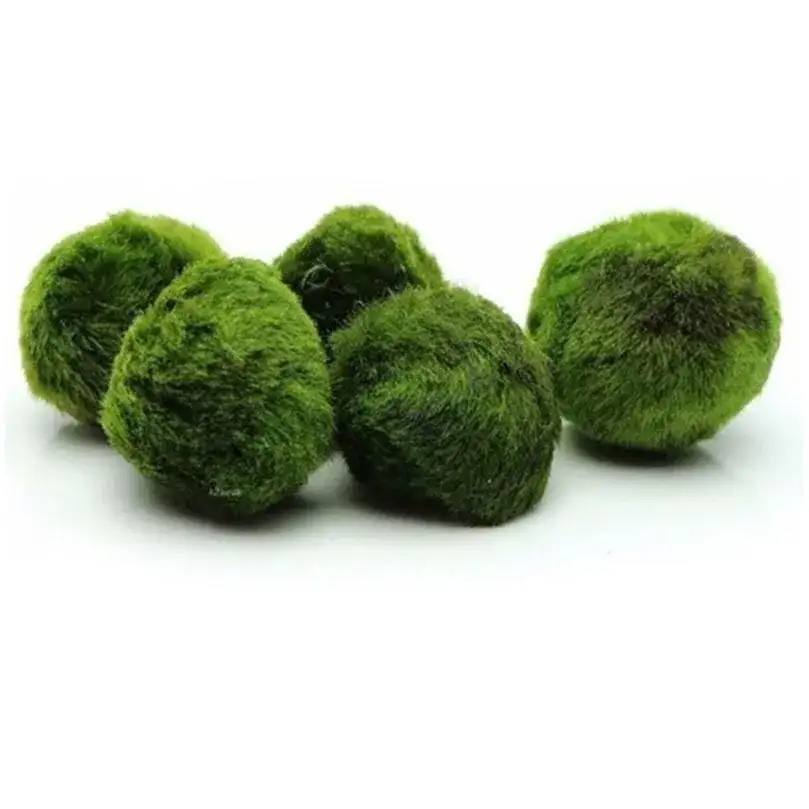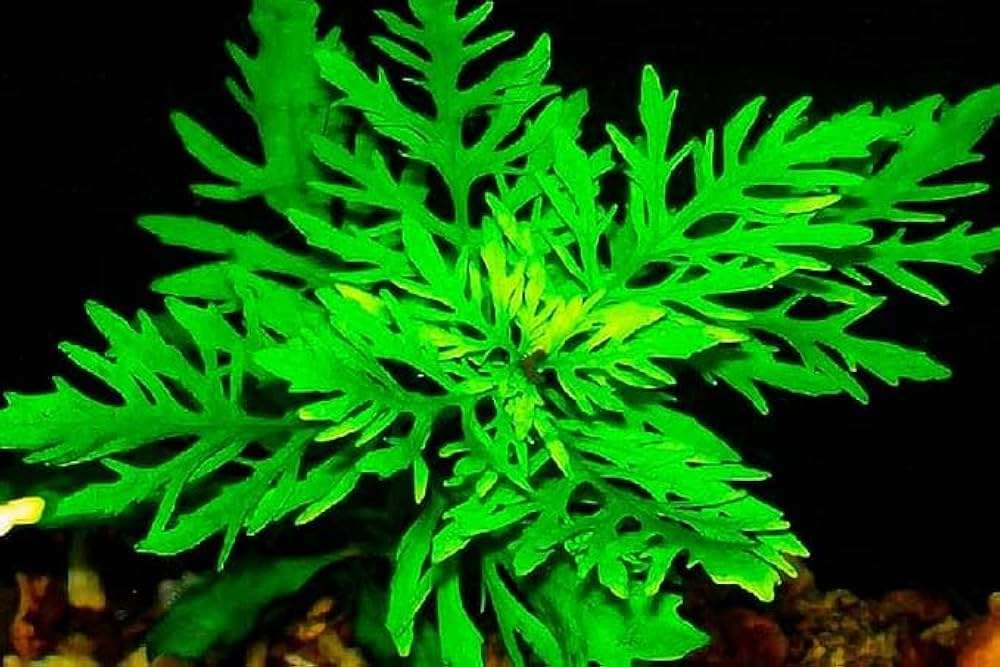Are You Killing Your Aquarium Fish? Avoid These Common Mistakes
Learn the common mistakes harming your aquarium fish and how to prevent them. Discover tips on water quality, feeding, tankmates, and maintenance for a thriving tank.
Table of Contents
- Overfeeding: Silent Killer
- Nonsensibility of Water Quality
- Incompatible Tankmates
- Lack of Proper Filtration
- Quick Water Changes
- Stress and Poor Environment
- Failure to Prevent Diseases
- Unstable Temperature
- Failure in Maintenance
- Faq
- Conclusion
Aquarium hobbyists, whether beginners or seasoned enthusiasts, often face the heartbreaking reality of losing fish. What if, without your realizing it, your actions are contributing to this loss? And how is that happening? Maintaining a healthy and thriving aquarium requires more than just feeding water and food and providing a beautiful setup. Several common mistakes may unknowingly harm your fish. Here's a closer look at how you might unconsciously be killing your aquarium fish and how to prevent it from happening.
Overfeeding: Silent Killer
It can easily seem that feeding your fish more is good because they become healthier, but in reality, overfeeding of fish is one of the top causes for fish deaths. Remaining food pollutes the water and makes a build-up of ammonia high, causing poor water quality. This leads to stress issues, weakens their immune systems, causing illness, or death in the worst case.
Solution: Feed your fish only what they can consume in 2-3 minutes, and remove any uneaten food promptly. Regular water changes and monitoring your fish's appetite will help ensure that you are feeding them the right amount.
Nonsensibility of Water Quality
Water quality probably represents the most important factor in the health of your aquarium fish. Poorest of water conditions- fluctuating temperature, wrong pH level, or the cumulative effect of toxins such as ammonia or nitrates-can be lethal. Fish are very sensitive to changes in the water and even slightly imbalanced small imbalances can badly affect the health of your fish.
Solution: Routine testing of the water parameters (ammonia, nitrite, nitrate, pH, and temperature). Good filtration system, doing partial water changes weekly, and keeping the aquarium clean. Acclimating your fish to changes in water conditions gradually.
Incompatible Tankmates
Choosing the wrong fish species or keeping incompatible fish can lead to conditions of stress, aggression, even to physical harm. Some fish are territorial, some are fin-nippers, and others may just not get along. When stressed, fish become more vulnerable to diseases and die younger than they should.
Solution: Learn about the species you desire to have. Most will be compatible with others. Observe the temperaments, sizes, and environmental requirements of the species. Sometimes, it's better to keep a tank specific to the species to avoid issues altogether.
Lack of Proper Filtration
A tank without proper filtration is a ticking time bomb. Filtration systems remove harmful toxins from the water, provide oxygen, and so stimulate good bacteria growth. Without appropriate filtration, your fish could be at risk of asphyxiation or poisoning from ammonia and nitrates.
Solution: Buy a good filter appropriate to the size of your tank. Clean and maintain your filter regularly so that it works well. Don't neglect the role of both mechanical and biological filtration.
Quick Water Changes
While regular water changes are essential for keeping your fish healthy, changing too much water at once can be harmful. Sudden shifts in water temperature, pH, or hardness can shock your fish, causing stress or even death.
Solution: When performing water changes, only change 20-30% of the water at a time. Match the temperature and pH of the new water with the aquarium’s current conditions to avoid shocking the fish.
Stress and Poor Environment
Fish, like any other living organism, require a stable and comfortable environment. Stress from overcrowding, inappropriate decorations of the tank, or even frequent movement of objects can harm your fish. Stress weakens their immune systems to an effect of susceptibility to diseases.
Solution: Provide your fish with a peaceful environment rich in wonders. Give it appropriate hiding places, plants, and ornaments but avoid overcrowding. Observe the behavior of your fish and change the layout of the tank if you see signs of frustration.
Failure to Prevent Diseases
Actually, disease outbreaks can often be the most preventable cause of fish death. Adding new fish without proper quarantine procedures or ignoring signs of illness can quickly become a tank-wide problem. Fish diseases can spread rapidly in overcrowded or unhealthy environments, sometimes leading to the loss of your entire tank.
Solution: Quarantine new fish for 2-4 weeks before stocking them in your main tank. Monitor the new additions for signs of illness such as lack of appetite, abnormal swimming patterns, or lesions on the body. As soon as you identify any problems, quarantine the affected fish and treat the aquarium accordingly.
Unstable Temperature
Fish are very sensitive to water temperatures and may experience stress or even death if it changes abruptly. Some fish types prefer warmer waters, while others are better suited to cooler temperatures. Maintaining a stable, appropriate temperature is important for the well-being of your fish.
Solution: Use a good-quality heater with a thermostat. Make sure the temperature is stable and within the suitable range for your type of fish. Avoid draughts in the room, and avoid placing the tank close to direct heat sources.
Failure in Maintenance
An aquarium certainly is not a "set it and forget it" hobby. If one does not commit to regular maintenance, that quickly leads to the buildup of harmful substances and creates an unhealthy environment for your fish. It starts with cleaning the tank and checking the filter, but regular upkeep keeps your fish thriving.
Solution: Create a schedule for maintenance on your tanks. The substrate must be cleaned, algae removed, and all the equipment monitored regularly. A maintained tank will ensure that your fish live long and healthy lives.
Faq
1.How often should I feed my fish?
Feed your fish only what they can eat in 2-3 minutes, once or twice a day. Remove any leftover food to avoid water pollution.
2.How can I maintain good water quality?
Regularly test water parameters (ammonia, nitrite, nitrate, pH, and temperature), use a good filtration system, and perform partial water changes weekly.
3.Why is my fish stressed?
Stress can be caused by overcrowding, incompatible tankmates, sudden water changes, or poor tank conditions. Provide hiding spots and avoid overcrowding.
4.How can I prevent diseases in my tank?
Quarantine new fish for 2-4 weeks before introducing them to the main tank, and monitor them for signs of illness. Promptly treat sick fish.
5.How often should I clean my aquarium?
Perform regular maintenance such as cleaning the substrate, removing algae, and checking the filter. This ensures a healthy environment for your fish.
6.What temperature is ideal for my aquarium fish?
Different fish species have different temperature requirements. Use a heater with a thermostat to maintain a stable, suitable temperature.
7.Why are my fish dying?
Fish deaths may result from poor water quality, overfeeding, incompatible tankmates, stress, disease, or temperature fluctuations. Regular maintenance and proper care can help prevent these issues.
Conclusion
Caring for aquarium fish is dedicated work and requires patience as well as attention to detail. Losing a fish is heartbreaking but understanding what causes their deaths helps avoid such reoccurrences in the future. Focus on water quality, proper feeding, and a stress-free environment by creating a thriving tank for your fish to flourish in. Therefore, before you point fingers at fate or bad luck, take time to think if your actions may be playing their role in losses your aquarium has been facing. A little knowledge and care go a long way in keeping the aquatic companions alive and well.




